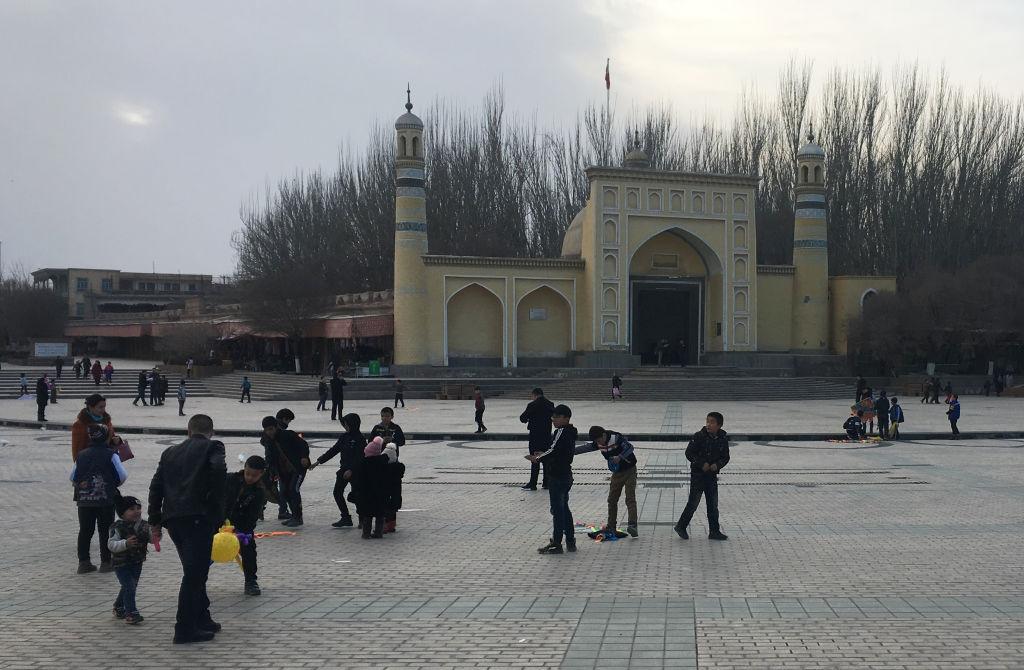The recent cancellations of train service in and out of the Xinjiang region are fueling conjecture about the fate of local Uyghurs who are locked up in concentration camps set up there by the Chinese regime.
Xinjiang’s railway department will stop selling train tickets leaving and arriving in Xinjiang, as well as for local train service within the region, beginning on Oct. 22, China’s state-run Urumqi Evening News reported on Sept. 27. The cancellation was due to train operation adjustment, the railway department said; there was no indication from the department as to when normal operations would resume.





